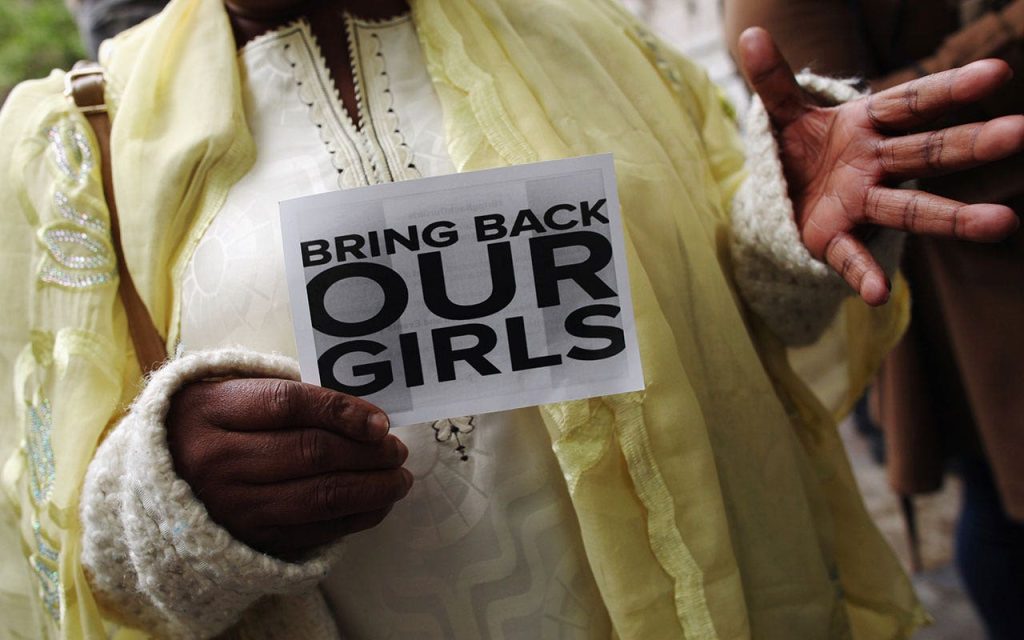Nigerian soldiers recently rescued Lydia Simon, who was kidnapped by extremists in Chibok a decade ago when she was a schoolgirl. Simon, now five months pregnant, was found in the Gwoza council area of Borno state, the center of the insurgency. She was also rescued along with her three children, who are estimated to be between 2 and 4 years of age. Simon’s age was not disclosed, but it is likely that she is in her 20s.
Simon was one of the 276 girls taken from their school in Chibok in April 2014 during a period of heightened extremist violence in the region. Around 82 of the girls remain in captivity. The abduction of the Chibok girls was the first in a series of mass school kidnappings in Nigeria, sparking the global #BringBackOurGirls campaign. The Nigerian army did not provide specific details on how Simon was rescued, other than stating that she was found in a dangerous area known as Ngoshe, located 74 miles north of Maiduguri, the capital of Borno state.
It is unclear if there is a dedicated military operation aimed at rescuing abducted women, as some parents and analysts have questioned the absence of evidence showing such efforts. Typically, those who have been rescued in recent years were discovered abandoned in the forests. Many of the women who were returned were subjected to sexual violence by the insurgents or forced into marriages. Activist Chioma Agwuegbo, who was involved in the #BringBackOurGirls campaign, highlighted the trauma and violence experienced by these women, emphasizing that someone who was kidnapped a decade ago would not return the same.
Simon’s family and villagers from Chibok eagerly awaited the opportunity to reunite with her, as they were not provided with any official information from the government about her rescue. Yakubu Nkeki, the chairman of the Chibok girls’ parents’ association, expressed their anticipation for an official call. The uncertainty surrounding the rescue and the potential trauma that Simon may have endured during her captivity raise concerns about her well-being and the long-term impact of her abduction. The continued abduction of women and children by extremists in Nigeria highlights the ongoing challenges faced by those impacted by the insurgency in the region.













